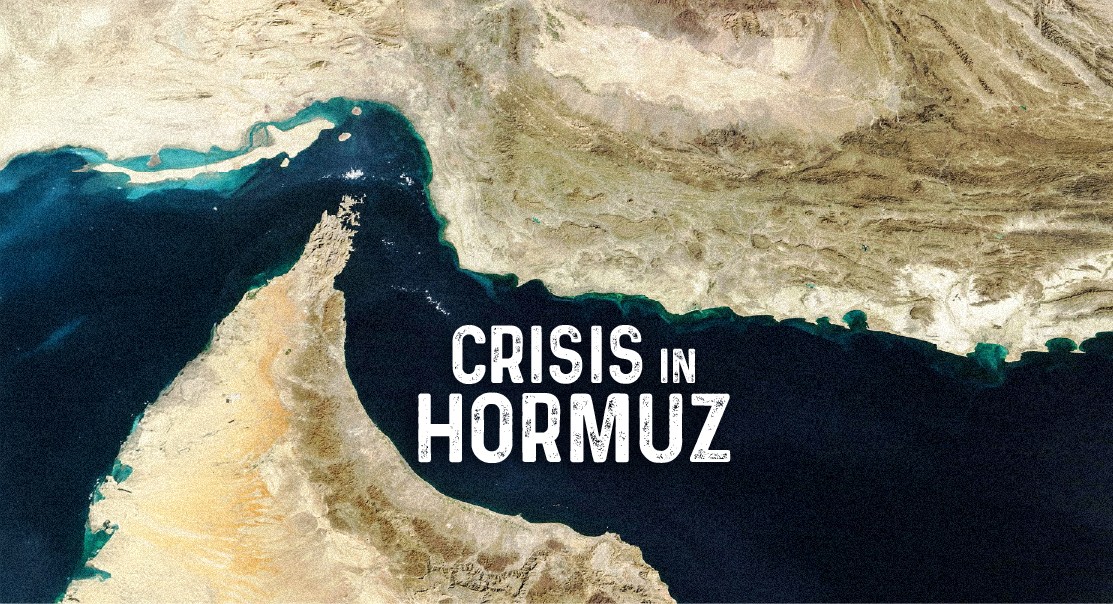Tensions between Iran, the United States and Israel have escalated sharply in June 2025, marking a new chapter in global geopolitics. Cross-attacks, military operations and direct threats to close the Strait of Hormuz have put maritime logistics at the center of the conversation. And while this scenario is occurring thousands of miles away, its repercussions are being felt in ports, routes and supply chains around the world.
The Strait of Hormuz is one of the most important shipping corridors on the planet. Approximately one-fifth of the world’s oil passes through it,- along with significant volumes of natural gas and a-other-equipment. The threat of its closure or blockade has led shipping lines to redirect their routes, and insurers to classify the region as a war zone, making insurance more expensive and increasing operational risks.
This has generated a domino effect. Ships that usually transit the Persian Gulf are now being diverted to alternative ports, increasing transit times and causing congestion at terminals such as Jebel Ali or Salalah. In turn, containers in transit have been detained or awaiting rescheduling, affecting deliveries and compromising just-in-time operations.
The economic impact is not limited to the increase in times: freight rates have risen on the affected routes, and war risk insurance – now required on these crossings – has multiplied its costs. For many companies, this means renegotiating contracts, revising force majeure clauses and making logistical decisions under pressure.
Companies that depend on synchronized, high-turnover logistics are seeing their rhythm affected. Sectors such as electronics, pharmaceuticals, automotive or fashion, with tight inventory margins, are reacting with measures such as expanding their stocks, diversifying transportation modes and anticipating critical shipments.
In this context, logistics resilience is put to the test. Monitoring in real time, staying informed and acting with agility becomes key. Strategic planning can no longer do without geopolitical analysis.
At Grupo Transoceanica we understand that logistics depends not only on the sea, but also on the world around it. That is why we remain committed to anticipate, adapt and accompany our customers in every new challenge that arises, even when the waves do not come from the ocean, but from international politics.


